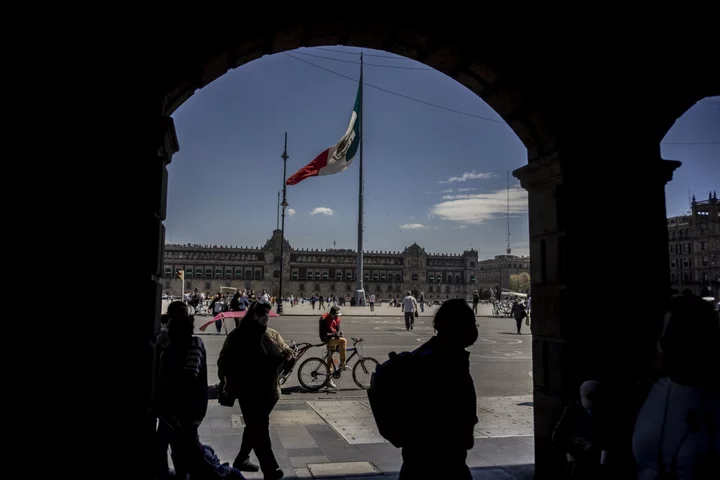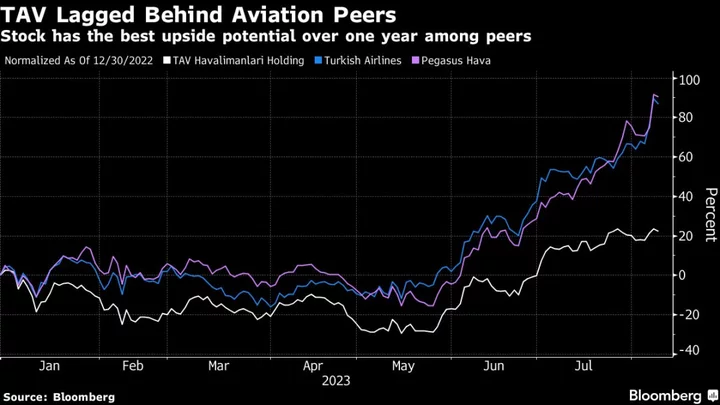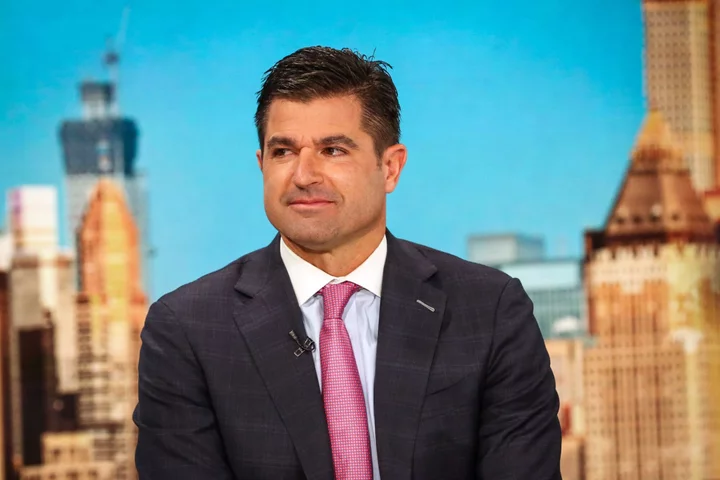Mexico’s coalition of opposition parties announced on Monday the registration of a slate of candidates who will be competing for the nomination to be on the 2024 presidential election ballot, an attempt to have a high-speed primary process that matches that of President Andres Manuel Lopez Obrador’s party.
The Frente Amplio Por Mexico, as the coalition is known, slimmed down the number of people who first registered to 13 presidential contenders. Coalition organizers said candidates will have to collect 150,000 signatures each by Aug. 5 and participate in debates before a final selection is announced in September, just days before the ruling party makes its own candidate known.
Both Morena and the opposition coalition are moving away from a previous tradition in which parties would appoint the candidate that would represent them. The groups are each drawing up the rules by which their internal candidate will be selected.
“It’s unprecedented in Mexican political history,” Marco Antonio Baños, a member of the Frente’s organizing committee, told Bloomberg News at the launch. “The parties have shown their willingness to go to citizen groups, to open up this process to Mexican society. Success will depend on the ability of both organizers and of candidates to communicate and garner public interest.”
Among the wide opposition field, top contenders include Xochitl Galvez, a senator for the Partido Accion Nacional (PAN), who has gathered media attention with her sharp rebukes of the president; Enrique de la Madrid of the Partido Revolucionario Institucional (PRI), one-time tourism minister and son of former president Miguel de la Madrid; as well as Santiago Creel, president of the lower chamber of Congress and also a lawmaker for the PAN.
A national survey by El Financiero earlier this month showed 34% of participants with a positive perception of Galvez, followed by De la Madrid with 29% and Creel with 27%.
Read More: Mexican Presidential Contender Backs Use of Facial Recognition
The candidate selection process puts the opposition at a disadvantage, wrote Eurasia analysts led by Daniel Kerner, citing data that says 56% of voters distrust it. Some opposition contenders withdrew from the process “citing an uneven playing field or violations of electoral law,” they added.









